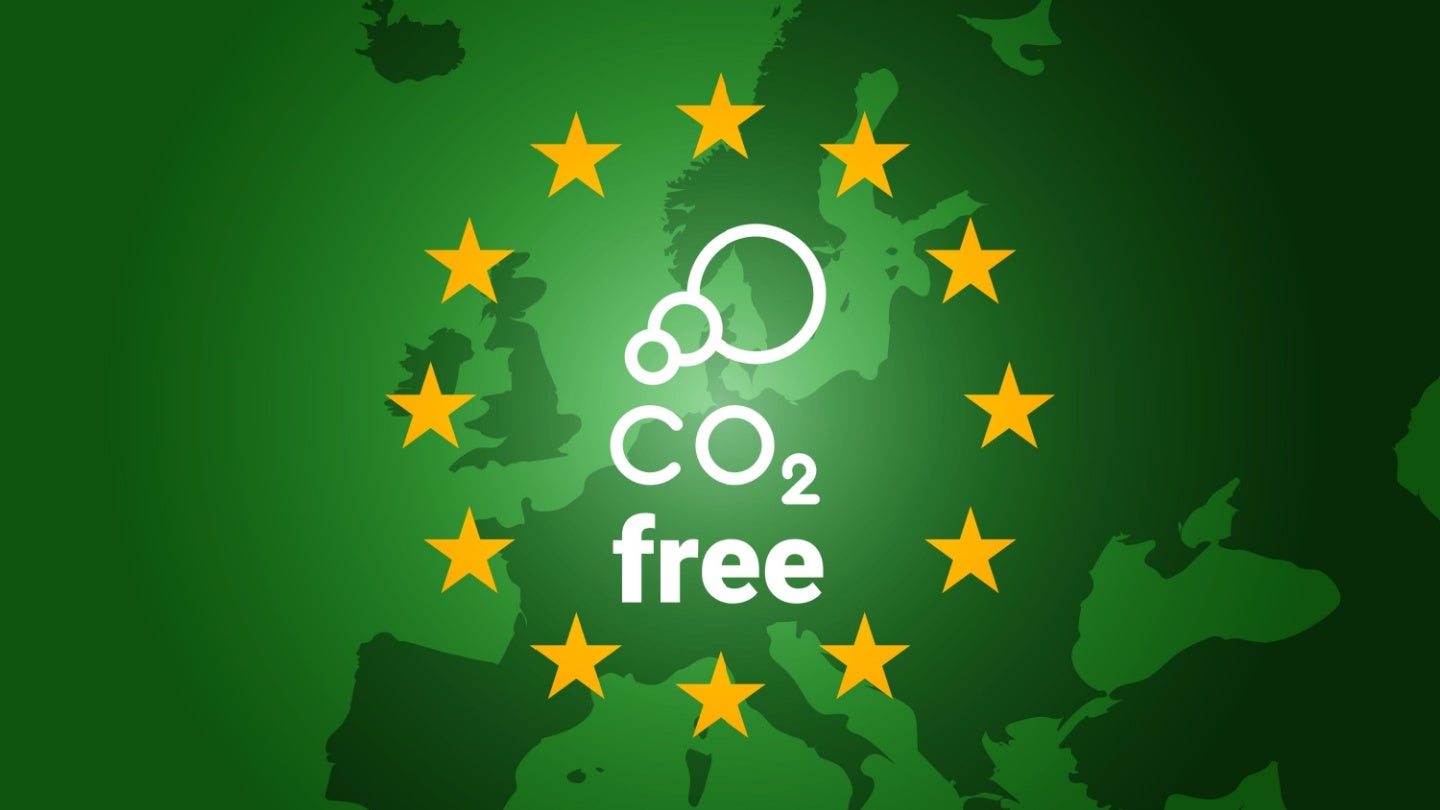As companies and countries alike set out their strategies for reaching net zero, the problem of carbon leakage is spreading.
In general terms, carbon leakage is when emissions from a country with strict climate policies are transferred to a country with less strict rules to reduce costs. The European Union’s emissions trading system (ETS) has proved particularly vulnerable to this problem. To tackle this, the EU has devised a carbon border tax known as the Carbon Border Adjustment Mechanism (CBAM).
While intended to only impact EU firms, by closing loopholes and forcing them to actually reduce their fossil fuel dependence, other nations have claimed it will unfairly affect their businesses. Some have even made the serious accusation that the policy violates World Trade Organization rules. But, directly because of the inconvenience it causes, the CBAM is forcing other countries to adopt their own stricter climate policies. In this modern world with all the new challenges it brings, we must adapt our frameworks for trade to encourage this kind of change. If the CBAM clashes with the World Trade Organization, it is more a condemnation of the latter than the former.
The CBAM targets loopholes and workarounds
An emissions trading system is where the government chooses a maximum level of emissions, and companies then buy permits allowing them to emit a certain proportion of these greenhouse gases. It ends up acting like a carbon tax, making it economically rational for firms to rely less heavily on fossil fuels. The problem with this system is that firms can outsource to non-EU countries without such strict carbon tax systems, allowing them to avoid extra costs without reducing their emissions.
The impact of this carbon leakage is two-fold: firstly, firms are not actually reducing their emissions, so the EU is not making meaningful steps toward net zero. On top of this, the ETS is explicitly reducing the competitiveness of EU companies. It is making it cheaper to import goods and services from abroad than to use those domestically produced—even if their production cost is the same.
This is where the carbon border adjustment mechanism (CBAM) comes in. The CBAM ensures that any goods being imported into the EU must be taxed at the border in line with the ETS’s carbon tax levels. This both reduces carbon leakage and maintains the competitiveness of the EU’s domestic producers. Win-win, right? Several non-EU countries disagree.
How well do you really know your competitors?
Access the most comprehensive Company Profiles on the market, powered by GlobalData. Save hours of research. Gain competitive edge.

Thank you!
Your download email will arrive shortly
Not ready to buy yet? Download a free sample
We are confident about the unique quality of our Company Profiles. However, we want you to make the most beneficial decision for your business, so we offer a free sample that you can download by submitting the below form
By GlobalDataRestricting free trade is proving to be a legal minefield
South Africa and India have both complained that the CBAM will discriminate against their exporters. India has even accused the policy of violating the World Trade Organization’s (WTO) most revered rule: the ‘most favoured nation’ principle (MFN). This means that a country’s trade policy should treat every WTO nation the same, with none favoured over others. There has been much deliberation over whether the CBAM does violate this principle. As with most things, the consensus is: it depends.
It is possible that the final design and application of the CBAM could sway this consensus either way—but we will not see that until 2026. Right now, it seems that the EU may have to skirt around the WTO using specific exemptions. The GATT Article XX contains some possible exemptions from the MFN rule. These include cases where the health of humans, plants, and animals needs to be protected, or where exhaustible resources are involved.
Tackling climate change requires a ‘big picture’ outlook on carbon
But outside of any potential legal challenges, the CBAM is having a big impact on the climate policies of other countries. The UK is implementing its own equivalent carbon border tax in 2027. This will minimize cross-border trade frictions as well as reduce carbon leakage from the UK. Towards the end of 2023, the Indian minister for commerce and industry suggested the solution to India’s CBAM-induced headache is to implement its own domestic carbon tax. This would likely reduce Indian reliance on fossil fuels as well as cancel out their EU-import disadvantage. Another win-win!
So, if the negative impacts of the CBAM will have the long-run effect of mitigating climate change, should the EU really have to use obscure GATT exemptions to legitimize the policy? Or should we be altering the rules of the World Trade Organization to promote decarbonisation? The MFN principle was successful in expanding globalization. But we need to recognize that times have changed. A new set of problems is facing humanity, and we must be able to respond to them with a trade policy, not just a paper straw policy.






